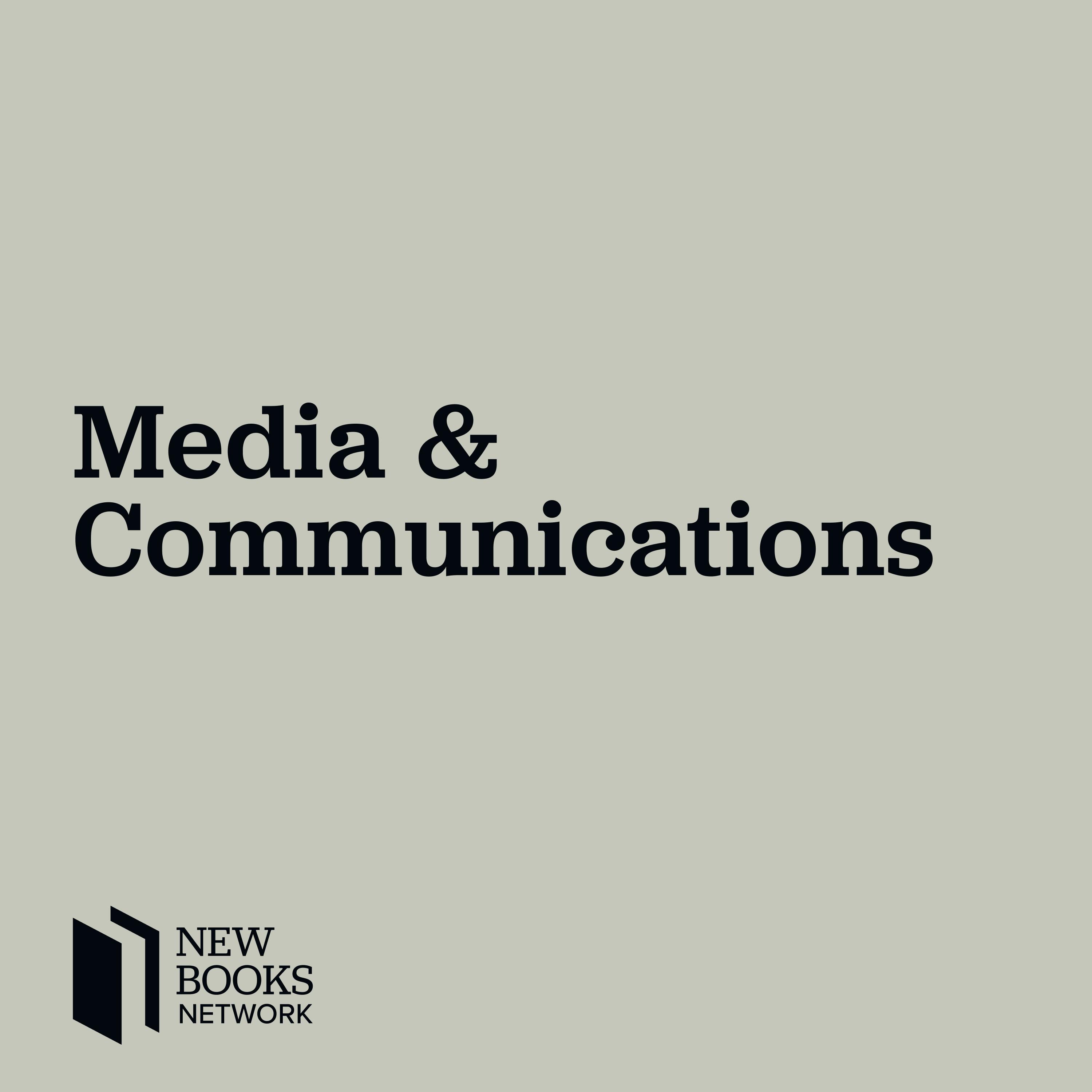Joshua Trey Barnett, "Mourning in the Anthropocene: Ecological Grief and Earthly Coexistence" (Michigan State UP, 2022)
Description
Enormous ecological losses and profound planetary transformations mean that ours is a time to grieve beyond the human. Yet, Joshua Trey Barnett argues in this eloquent and urgent book, our capacity to grieve for more-than-human others is neither natural nor inevitable. Weaving together personal narratives, theoretical meditations, and insightful readings of cultural artifacts, he suggests that ecological grief is best understood as a rhetorical achievement. As a collection of worldmaking practices, rhetoric makes things matter, bestows value, directs attention, generates knowledge, and foments feelings. By dwelling on three rhetorical practices—naming, archiving, and making visible—Barnett shows how they prepare us to grieve past, present, and future ecological losses. Simultaneously diagnostic and prescriptive, Mourning in the Anthropocene: Ecological Grief and Earthly Coexistence (Michigan State UP, 2022) reveals rhetorical practices that set our ecological grief into motion and illuminates pathways to more connected, caring earthly coexistence.
Avery Weinman earned her Bachelor’s in History from UCSC and her Master’s in History from UCLA. Her work has been published in American Jewish History and the Journal of the History of Ideas Blog. She is a naturalist, an environmentalist, and a birder.
Learn more about your ad choices. Visit megaphone.fm/adchoices
Support our show by becoming a premium member! https://newbooksnetwork.supportingcast.fm/communications
More Episodes
In the early nineteenth century, the American commercial marketplace was a chaotic, unregulated environment in which knock-offs and outright frauds thrived. Appearances could be deceiving, and entrepreneurs often relied on their personal reputations to close deals and make sales. Rapid...
Published 05/01/24
Antarctica is, and has always been, very much “for sale.” Whales, seals, and ice have all been marketed as valuable commodities, but so have the stories of explorers. The modern media industry developed in parallel with land-based Antarctic exploration, and early expedition leaders needed...
Published 05/01/24
When we think of censorship, our minds might turn to state agencies exercising power to silence dissent. However, contemporary concerns about censorship arise in contexts where non-state actors suppress expression and communication. There are subtle and not-so-subtle forms of interference that...
Published 05/01/24


